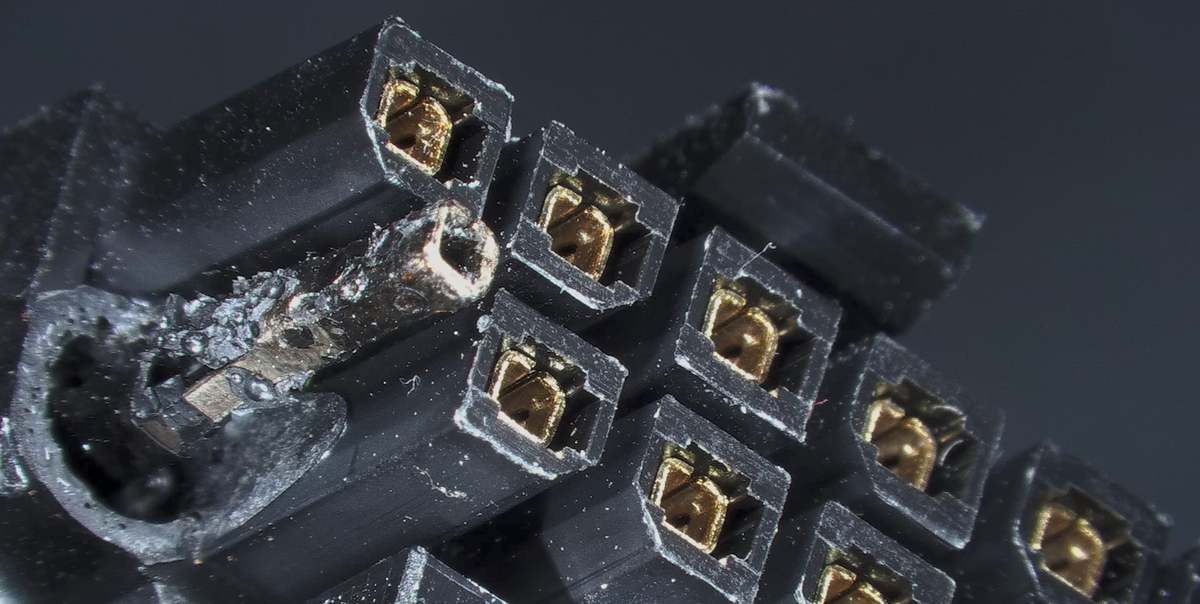Am I reading this corect, that he did the tests exclusively with the aftermarket cable the customer provided? No resistance measurements on the cable itself but he concludes its not the cable because the manufacturer is usually reliable? No different cables for comparison?
I think I will have to watch the video later to get a an idea on the testing method, since what I can gather from the article, the testing setup Was completely useless to determine whats at fault here.
Nope he examined the damaged aftermarket cable to see if it was faulty but found nothing obviously faulty. The heated wire was with his own PSU Gpu and stock cables.
Sounds like it was a bad design to begin with and Nvidia went outside the design specs.
This makes me feel marginally better about never being able to afford a 5090. Marginally.
If you don’t also want to afford a rather expensive CPU and a good 4k monitor, I wouldn’t worry about it in the first place.
A decent HDR (VESA HDR 1000 or better), high refresh rate (120Hz+), 4k monitor makes a bigger difference with a good-enough GPU. Although that is also to be taken with a grain of salt, because many games don’t support HDR and some don’t even 4k or more than 60 Hz
My monitor is pretty new, though only mid-market, bought with Black Friday discounts (below €300). 4K 144Hz. My CPU however is an 8086K. Was quite a beast when it came out but nowadays has noticeable issues pulling certain loads. GPU is a 2080ti, which would still be perfectly ok for HD gaming but not so much for 4K…




